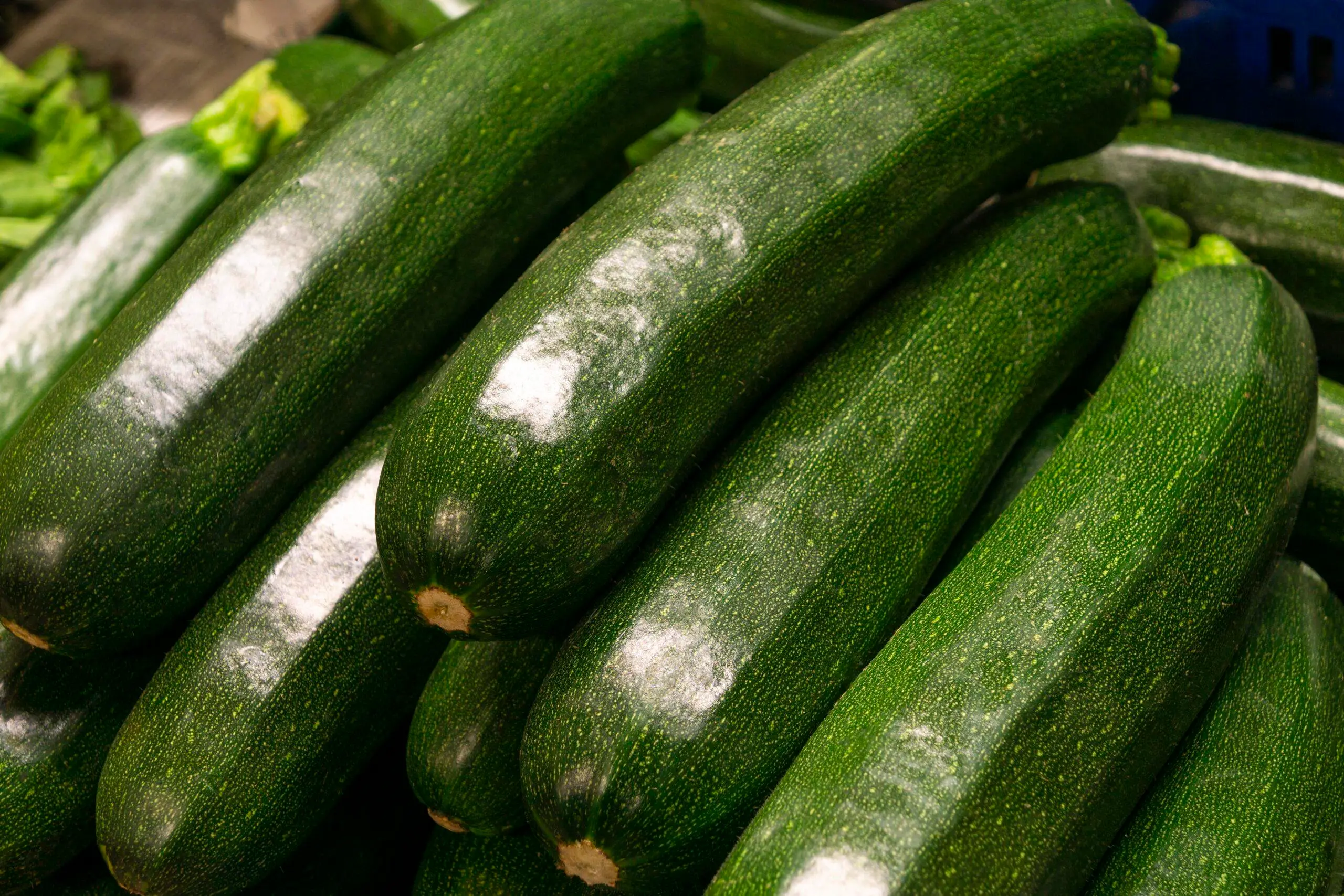Rabbit farming in Kenya is quickly gaining popularity among both small-scale and large-scale farmers.
These small animals are easy to raise, require minimal space, and have a quick return on investment. With proper care, a farmer can earn from meat, urine, and even breeding.
The demand for rabbit meat is slowly growing, while rabbit urine is already being used to make organic foliar fertilizers and natural insecticides.
If you are thinking of starting a farming venture that is low-risk but highly rewarding, rabbit farming could be the best option.

How to Succeed in Rabbit Farming In Kenya
Starting a rabbit farm in Kenya is easy and affordable. You need to choose the right breed, build proper housing, feed them well, and maintain hygiene to avoid diseases.
Choose the Right Rabbit Breeds
Kenyan farmers rear different breeds of rabbits depending on their farming goals.
- California White—Known for its fast growth and high meat production.
- Flemish Giant—A large breed that is good for meat.
- New Zealand White—Popular for both breeding and meat.
Select healthy rabbits from a trusted source. Always begin with a few rabbits and increase the number as you gain experience.
Understand Rabbit Breeding
Rabbits are famous for their ability to reproduce quickly. This makes them ideal for commercial farming.
- Rabbits start breeding at 4 to 5 months.
- A female rabbit (doe) carries pregnancy for 31 days.
- A healthy doe can give birth to around 50 young ones (kits) in one year.
To breed rabbits, place a male and a female in the same cage. You can schedule mating every 4 weeks to keep a regular breeding cycle.
Build Proper Rabbit Housing
Rabbits can live in cages or wooden hutches. Proper housing is important to keep the animals healthy and productive.
Key features of good housing:
- Raised from the ground to keep off moisture and pests
- Well-ventilated to allow fresh air
- Spacious to avoid overcrowding
- Good lighting for easy inspection
Each rabbit should have enough space to move freely. Clean the cages often to maintain hygiene and prevent diseases.
Feed the Rabbits Properly
Rabbits eat a variety of feeds. They are mainly herbivores and love fresh greens.
Feeding guidelines:
- Feed them soft grass, cabbage, sukuma wiki and other vegetables
- Provide clean water at all times
- Use pre-balanced pellet rations to meet all nutritional needs
- Feed them twice a day, preferably in the evening and morning
Do not feed them wet or spoiled food. It can cause stomach problems or lead to infections.
Prevent and Manage Rabbit Diseases
Rabbits can suffer from diseases such as coccidiosis, pneumonia and skin infections. Sick rabbits grow slowly and can affect the rest of the stock.
Basic disease control tips:
- Maintain high levels of hygiene in the housing area
- Isolate any sick rabbit to avoid spreading the disease
- Disinfect feeding equipment and cages regularly
- Seek veterinary help when necessary
Healthy rabbits are more productive and cost less to maintain in the long run.
Explore the Market for Rabbits in Kenya
The market for rabbit products in Kenya is growing, but still largely informal. However, many farmers make good income from both meat and rabbit urine.
Where to sell:
- Directly to consumers who love rabbit meat
- Local hotels and restaurants
- Organic fertiliser companies that buy rabbit urine
Major buyers of rabbit urine include:
- Rabbit Consortium Ltd.
- Alcare Group
- Rabbit Urine Extra
- Rabbit Breeders Association of Kenya
Rabbit urine is a valuable by-product used to make natural fertilisers, insecticides and pesticides. Farmers can earn more from urine than meat if they set up proper collection and storage systems.
With the right knowledge, proper housing, good feeding and regular disease control, you can run a profitable rabbit farming venture. Whether you’re in an urban or rural area, rabbit farming can give you a steady income and boost food security.











































